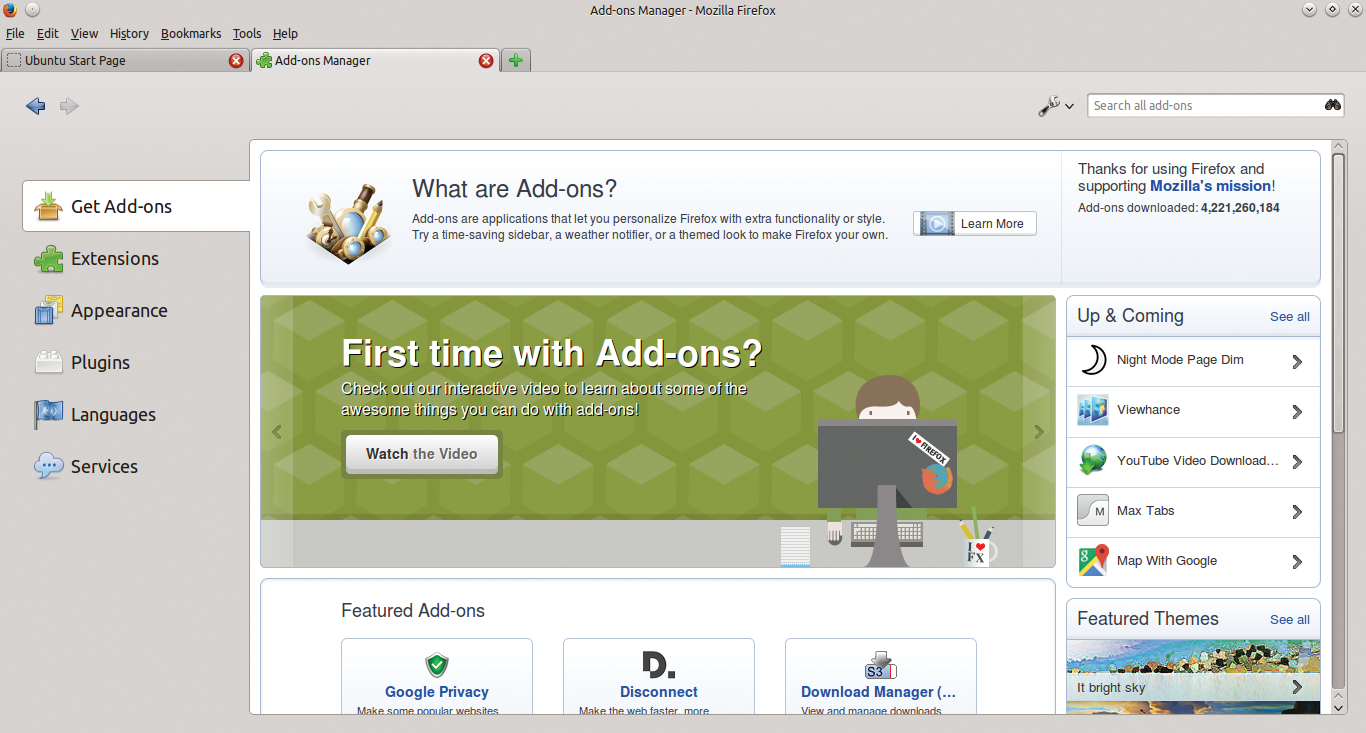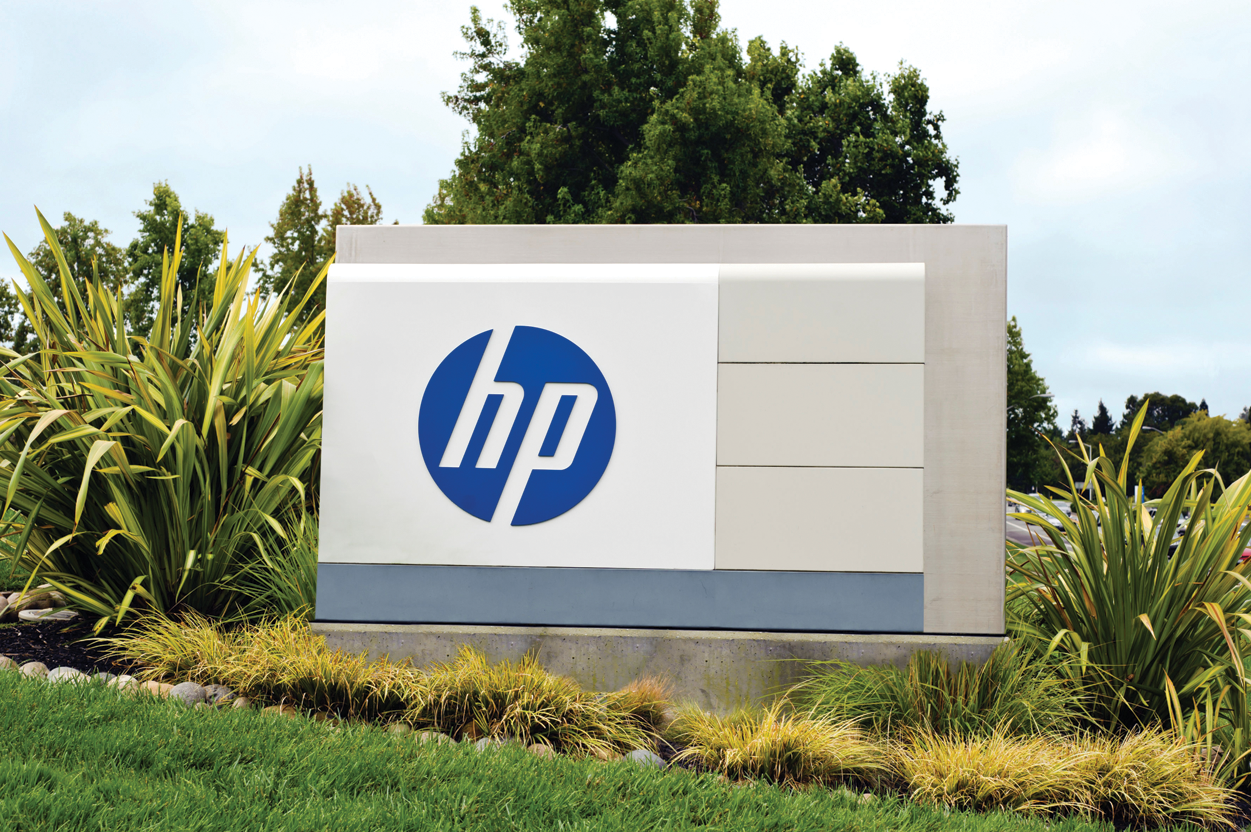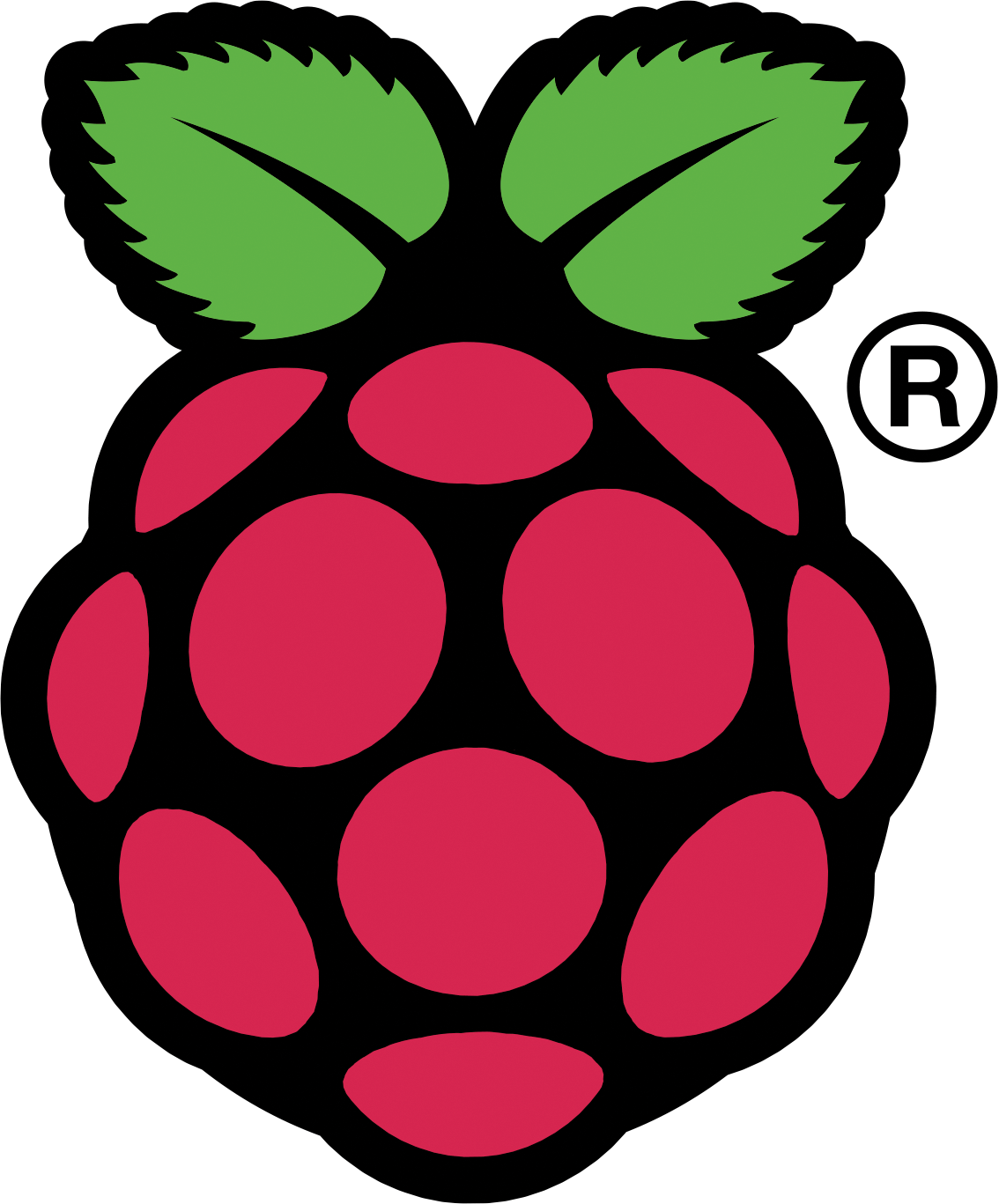
News for Admins
Tech News
Windows 10 Arrives on July 29
Microsoft has announced that the Windows 10 operating system will be available for download on July 29. PC systems with Windows 10 pre-installed will also go on sale on July 29. The company confirmed that Windows 10 will be available as a free upgrade for Windows 7 and Windows 8 users. Microsoft's website encourages Windows 7 and Windows 8.1 users to sign up for a "reservation," which will cause the system to upgrade automatically as soon as the new version is available.
Pre-release versions of Windows 10 have been in circulation for months, so the contents of the latest Windows is no surprise. Cortana, Microsoft's voice-driven personal assistant, which debuted in Windows Phone 8.1, will make its first appearance in the mainline Windows environment. The new Edge web browser will replace the venerable but much-maligned Internet Explorer. Windows 10 users will also be able to download touch-ready versions of Microsoft Office tools such as Word and Excel.
If you don't have an upgrade option, you'll have to buy. The Windows 10 Home version will sell for approximately US$119 and the Pro edition will cost around US$199. According to the announcement, the July 29 release date applies only to "PC and tablet editions." Windows mobile users will need to wait.

Mozilla Signs Firefox Add-Ons
Mozilla developer Jorge Villalobos has announced that Mozilla is ready to implement its new program of digitally signing add-on extensions for the Firefox browser. The plan was originally announced back in February. Firefox developers have long taken pride in the extensive and powerful collection of add-on applications that users can easily add to their browser configuration. However, the Firefox team has become alarmed at the number of add-ons that are insecure – or sometimes even malware. According to the original announcement, "Extensions that change the homepage and search settings without user consent have become very common, just like extensions that inject advertisements into web pages or even inject malicious scripts into social media sites."
To combat this misuse of the add-on ecosystem, Mozilla developed a new set of guidelines for add-on developers and implemented the signing process as a means for assuring users that the add-on has been properly vetted.
Mozilla will take a week to create signed versions of existing add-ons. For a transition period of two release cycles (approximately 12 weeks), non-signed add-ons will only trigger a warning in Firefox. After the transition period, release and beta versions of Firefox will not install unsigned extensions.

Weird Worm Burrows into Linux-Based Routers
Security researchers at ESET have released a lengthy report on the Moose malware, a worm that affects Linux-based home routers and embedded gadgets. Attackers appear to have assembled a large botnet of compromised devices through weak passwords.
According to the report, Moose does not install backdoors or rootkits. The goal of the attack appears to be social media fraud. Moose intercepts web cookies and uses them to hijack social media accounts. The schemers apparently deploy the botnet as a social media tool, auto-generating likes, views, and other popularity indicators for a price.
The report estimates 50,000 routers are infected with the Moose worm. Most of the attack traffic targets Twitter and Instagram.

© Christa Eder, 123RF.com
Server Sales Up 13 Percent
The Gartner group has released a study stating that worldwide server sales are up 13% for the first quarter of 2015. According to the report, strong sales in the USA – largely due to a strong American dollar – were enough to counteract the affects of flat or declining sales in other parts of the world.
The first quarter of 2015 was the "second-largest volume quarter ever," according to Gartner's Adrian O'Connell. The results appear to contradict the doom predictions of analysts and journalists who see the world turning away from new server hardware in favor of cloud solutions. Strong demand in the hyperscale sector leads to the possible explanation that local private cloud systems are fueling some of the growth.
HP continued its reign as the worldwide leader in server sales, followed by Dell.

Chips Consolidation
A pair of large mergers are shaking up the semiconductor industry. The relatively unknown Avago Technologies agreed to buy Broadcom for a total of US$37 billion in cash and equity. The deal, which is thought to be the biggest in the history of the high-tech industry, will create the third largest semiconductor business in the United States.
Avago, which began as a spinoff of HP, specializes in chips for storage controllers and networking equipment, as well as fiber optics and Large-Scale Integration (LSI) chips. Broadcom, with its emphasis on wireless technology, DSPs, and system-on-a-chip products like the famous Raspberry Pi, should complement the Avago's portfolio and place the company in a strong position to play in the emerging Internet of Things market. The merged company will take the name Broadcom.
A week later, Intel announced the purchase of Altera for US$16.7 billion. Like Avago's Broadcom deal, Intel's purchase seems designed to diversify the product catalog and prepare for a future in the Internet of Things. Of particular interest is Altera's Field Programmable Gate Array (FPGA) technology. FPGA allows for re-programming processor logic after deployment. Intel had previously announced a plan to integrate FPGA into its Xeon chip line, and the Altera acquisition appears to have emerged from that plan.
Both moves herald an end to the old world, where Intel could stake its fortunes on sticking x86 processors in millions of computer around the world and Avago could focus on device controllers and other behind-the-scenes high-tech equipment. The next generation appears headed to a world with flexible, customizable systems and lots of chips everywhere.

